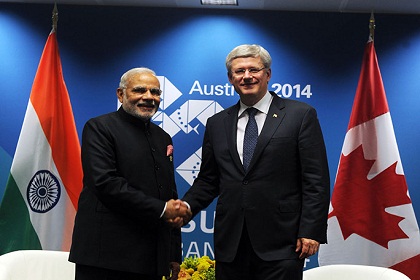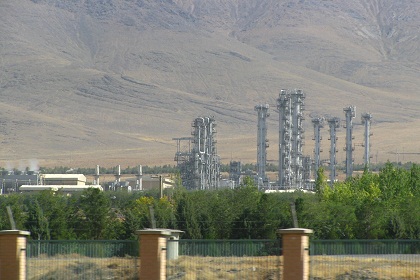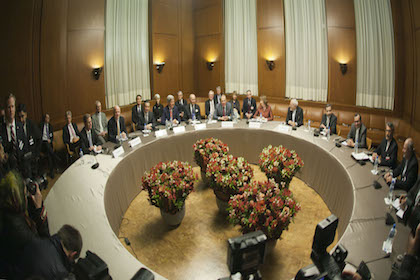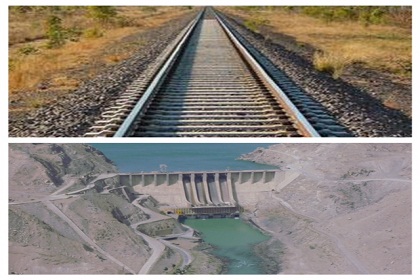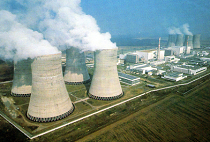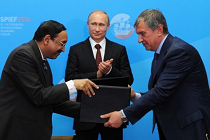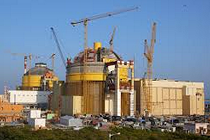India-Canada: partners on nuclear energy
Canada’s nuclear energy sector has a lot to offer India—the sale of uranium, joint development of technology and best practices on regulations. Nuclear energy co-operation is also an area in which Canada and India can make substantial advancements quickly. We should not let this opportunity slip by

